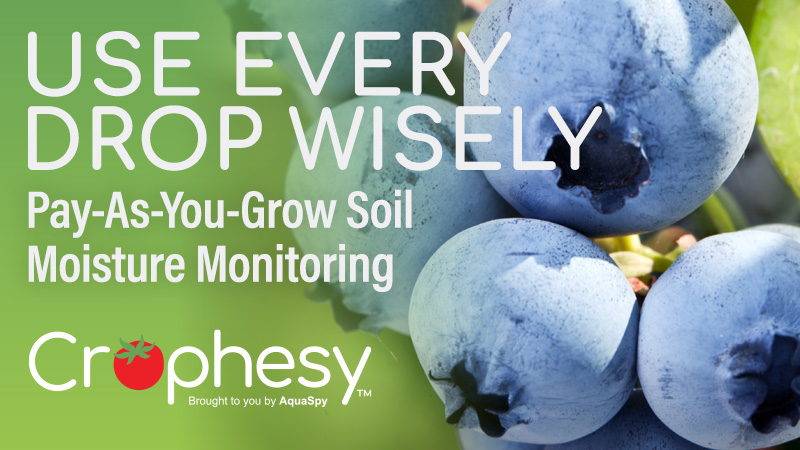Organic Farming Research Projects You Should Know
Every year, researchers learn more about what does and doesn’t work in organic food production. We took a look at recent studies. Here are some of the most intriguing.
Promising Root-Knot Nematode Treatment
Controlling diseases organically in muck soils can be challenging. That makes a research project from The Ohio State University (OSU) noteworthy.
Anaerobic soil disinfestation (ASD) created “significant reductions” in root-knot nematode galling on lettuce, OSU’s Anna L. Testen and Sally A. Miller found.
ASD works by creating anaerobic soil conditions with readily available carbon sources, covered with a plastic tarp then irrigated, according to the University of California’s Agriculture and Natural Resources Department.
The result on mustard greens was less consistent. That said, the team did see significant nematode reduction often enough that they named ASD as a promising tool for managing soilborne diseases in muck-soil vegetable production systems.
Read More on “Anaerobic Soil Disinfestation to Manage Soilborne Diseases in Muck Soil Vegetable Production Systems”
How Does Organic Produce Stack Up Against Conventional?
In a wide-ranging study, European researcher Tizaiano Gomiero reviews several areas of organic agriculture.
He looks into what research says about the common consumer percep-tion that organic produce is healthier than conventionally grown produce. He does so by organizing his study into three main categories:
- Nutritional value
- Pesticide residue
- Heavy metals, mycotoxins, and bacterial contamination
The study also compares organic livestock with the conventionally raised (by reviewing antibacterial and hormone presence).
The results?
Nutrition has mixed results. Some research finds organic produce “is richer in some useful compounds.” But other studies found the opposite to be true.
Organic produce has lower residues. Organic food has far fewer pesticide contaminants than conventional. And the residues that exist on organic produce are a much lower toxicity.
No difference between conventional and organic contamination. Gomiero did not find that organic produce was any better than conventional produce when it came to heavy metals, mycotoxins, and bacteria contaminants. The one exception he cites is cadmium. Organic produce has lower levels of the heavy metal.
The study compares produce grown organically with conventionally grown.
Read More on: “Food Quality Assessment in Organic vs. Conventional Agricultural Produce: Findings and Issues”
Other Studies You May Want to Check Out
- “To Each Their Own: Case Studies of Four Successful, Small-Scale Organic Vegetable Farmers with Distinct Weed Management Strategies”
- “Organic Farming Positively Affects Honeybee Colonies in a Flower-Poor Period in Agricultural Landscapes”
- “Reduction in Field Emergence and Seedbank Density of Galinsoga auadriradiata and Other Weeds After Contrasting False Seedbed Strategies in Organic Vegetable Fields”
- “The Economic Viability of Suppressive Crop Rotations for the Control of Verticillium Wilt in Organic Strawberry Production”










